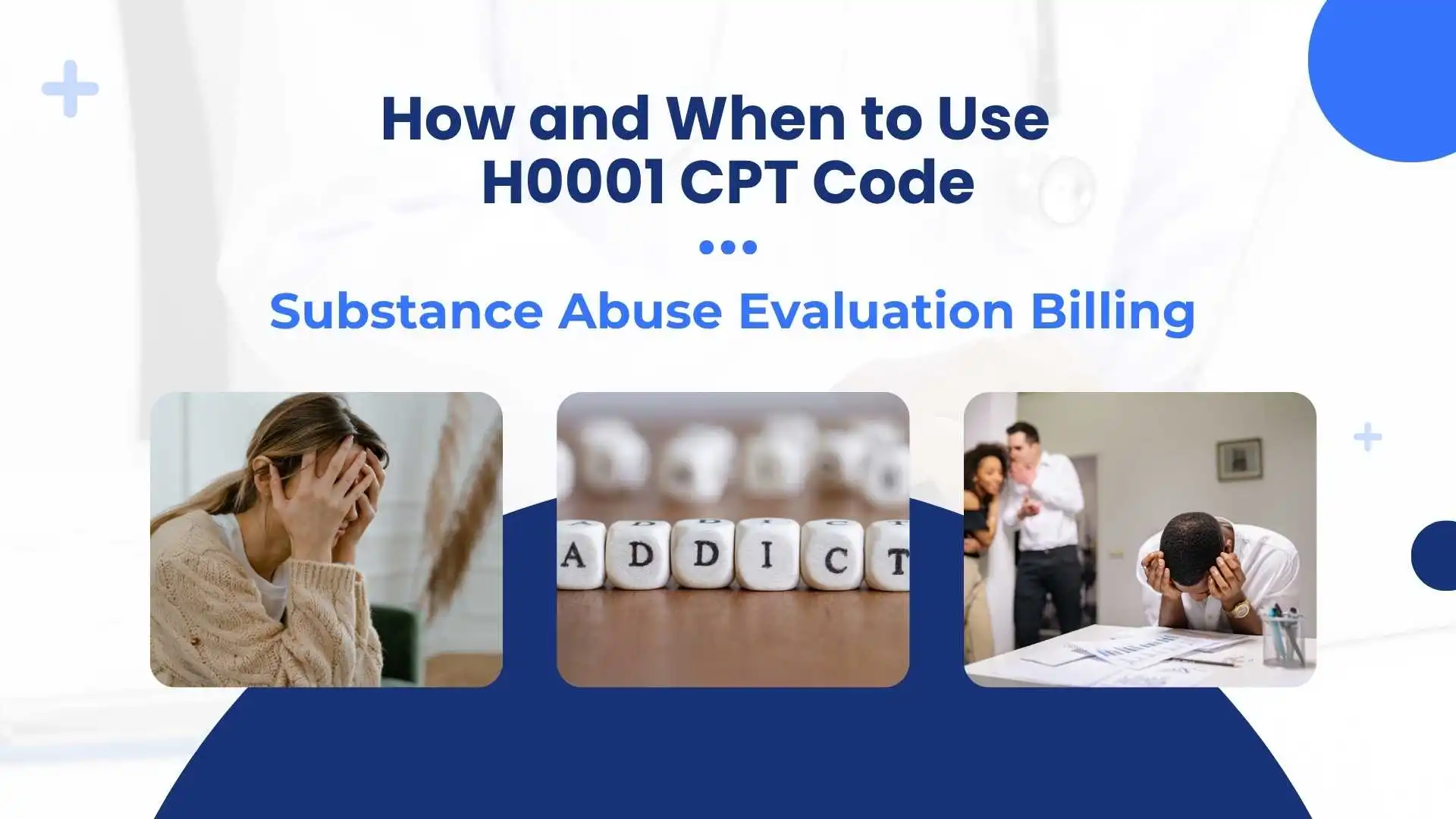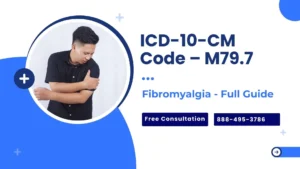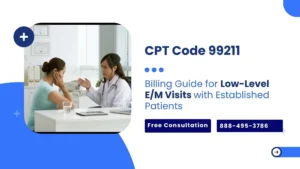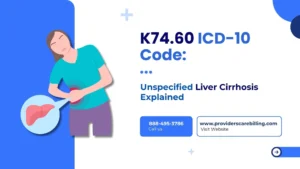When it comes to substance use disorder (SUD) treatment, insurance billing codes are critical for direct services to be reimbursed and must accurately reflect the services that were provided. Among these, the most essential code is H0001 CPT code, which reports on alcohol and/or drug evaluation.
In this ultimate guide, we’ll break down everything to provide behavioral health professionals with a clear understanding of the H0001 code, its applications, billing procedures, best practices, and how it connects with other related CPT codes for substance abuse evaluation and mental health services.
What Is H0001 and What Does It Do?
The H0001 code is part of the Healthcare Common Procedure Coding System (HCPCS). It is specifically for Level II codes, which are used for services not covered by the American Medical Association’s CPT codes.
The H0001 CPT code description identifies it as a comprehensive alcohol and/or drug assessment. It is used to assess whether (due to signs and symptoms) an individual may have a SUD or not. Such assessments are crucial when planning treatment for people who have substance use disorders.
Need for H0001 Evaluations
The objective of the H0001 assessment is to obtain in-depth information on a patient’s use of substances, current mental health, current physical health, and social circumstances. These are important for:
- Substance use disorder diagnosis
- Interface care assessment (ICD)
- Designing personalized treatment plans
- Detecting co-occurring mental health conditions
- Coordinating care with other providers using CPT codes for care coordination
In standardizing the billing for these assessments, H0001 allows providers to be paid for evaluations that require time and expertise.
What Are the Elements of an H0001 Assessment?
An H0001 evaluation usually includes;
Detailed Medical History: Details of the patient’s medical, psychiatric, and substance use history.
Substance Use: A measurement of alcohol and drug use, such as the use, amount, and duration of drinking and drugs.
Assessment of Mental and Physical Health: Considering the patient’s general health and other comorbid conditions.
Co-occurring Disorders Screening: The recognition of mental health problems associated with drug use.
Social & Environmental: To determine the patient’s home environment, where they receive their support, and what may be causing them stress.
Level of Care Decision Making
Selection of the most suitable treatment setting and strategies in relation to the assessment results.
These evaluations are typically performed by certified healthcare professionals, including licensed counselors, psychologists, or addiction specialists. They also often include alcohol screening, billed using a CPT code for alcohol screening.
Here Are the Billing Guidelines for H0001
The correct billing for H0001 is subject to specific rules for limitations:
Certified Provider
The evaluation is conducted only by a certified or licensed individual who is the expert in conducting a substance use evaluation.
Rigorous examination
The screening must be adequate and must include all elements in the H0001 use justification.
Documentation
Detailed logs should be produced to include why the assessment was performed, what was found, and suggestions.
Time Needed
H0001 is not a time-based code, with assessments generally taking between 60 to 90 minutes.
Frequency of Limitations
Most payers have to cover H0001 once in a year, per patient, per provider, unless a break comes in treatment.
It is always important to confirm payer policies, as they may differ. Providers may also consider adding related services, such as counseling, which uses separate counseling billing codes to fully capture the scope of services delivered.
Reimbursement Rates for H0001
Payment for CPT code H0001 assessments may differ by region, payor, and provider contract. For instance:
- Maryland: About $164.59 per appraisal
- Florida: About $48.42 per assessment
National Averages:
- Empire Blue Cross Blue Shield: $91.74
- UnitedHealthcare: $129.05
- Aetna: $70.92
- Cigna: $82.99
Based on current figures, it is crucial to be aware of the payer-specific rates and negotiate contracts that support the value of comprehensive assessments.
Related CPT Codes and When to Use Them
Behavioral health professionals often use a combination of codes in tandem with H0001 to ensure full coverage:
- Group psychotherapy CPT for structured group therapy sessions
- CPT code group therapy for billable group work
- CPT codes for counseling for individual sessions
- Crisis psychotherapy CPT codes during emergency mental health interventions
- CPT code for alcohol counseling for targeted substance abuse sessions
- Medication management CPT code for psychiatric medication oversight
- CPT code for initial psychological evaluation at intake
- Audit C CPT code when using the AUDIT-C alcohol screening tool
- Substance use disorder code for ICD classification in claims
- Substance abuse CPT codes to capture all treatments rendered
Using this set of substance abuse billing codes improves claim accuracy and payment rates.
Common Mistakes and Their Avoidance
For perfect billing and to avoid claim denials, you must be careful about the following common errors;
- Billing for a more complex service than provided.
- Failing to record all required details that can support the assessment’s medical necessity.
- Billing H0001 more frequently than recommended by payer guidelines.
- No application of necessary modifiers, such as HF for substance use disorder services and GT for telehealth sessions.
Working with substance abuse billing companies can help ensure compliance, reduce administrative workload, and rectify these issues.
Telehealth and H0001
With the expansion of telehealth services, H0001 assessments can be conducted remotely, provided certain conditions are met:
- Use of HIPAA-compliant video conferencing tools.
- The GT modifier is applied to give services delivered through interactive video and audio telecommunications.
- Verify that the payer covers telehealth assessments and understands any specific requirements.
Contacting professionals through online platforms, video calls, or audio calls makes patient accessibility easier, especially in rural or underserved areas.
Best Practices for Behavioral Health Professionals
To optimize the use of H0001 in your practice
- Review updates to payer policies and HCPCS codes daily.
- Ensure that staff are knowledgeable about billing procedures and documentation standards.
- Implement electronic health record (EHR) systems or medical billing software for substance abuse that facilitate accurate coding and billing.
- Participate in professional networks to share insights and strategies for wonderful billing practices.
- You should conduct periodic audits for proper adherence to billing regulations. Furthermore, it identifies areas for improvement.
By following the practices mentioned above, behavioral health professionals can improve the efficiency and accuracy of their billing processes. Which in turn supports better patient care.
While behavioral health relies on codes like H0001, it’s useful to see how procedural codes work in other specialties too—like CPT Code 20610 for joint arthrocentesis. Understanding these differences can enhance your overall billing accuracy.
Final Words!
The H0001 CPT code is important for the behavioral health industry because it represents a universal reimbursement method for a full-spectrum alcohol or drug assessment. Interpreting the subtleties of this code, from the circumstances under which it can be used to billing and compliance issues, is critical for those committed to delivering high-quality care.
Providers can ensure that they are well-represented and reimbursed for these services by staying informed and following best practices to sustain the essential work of dealing with substance use disorders.





